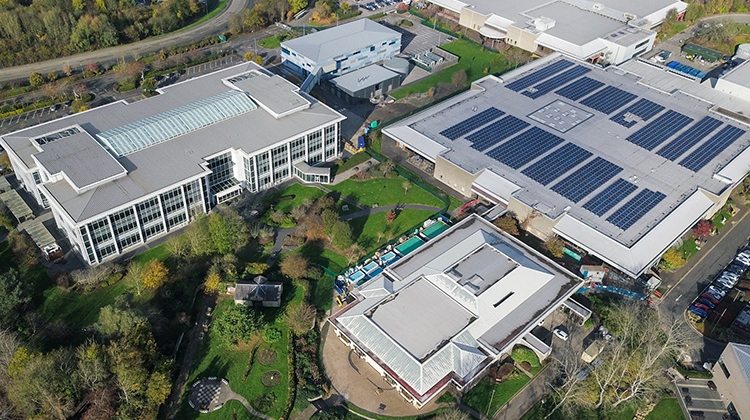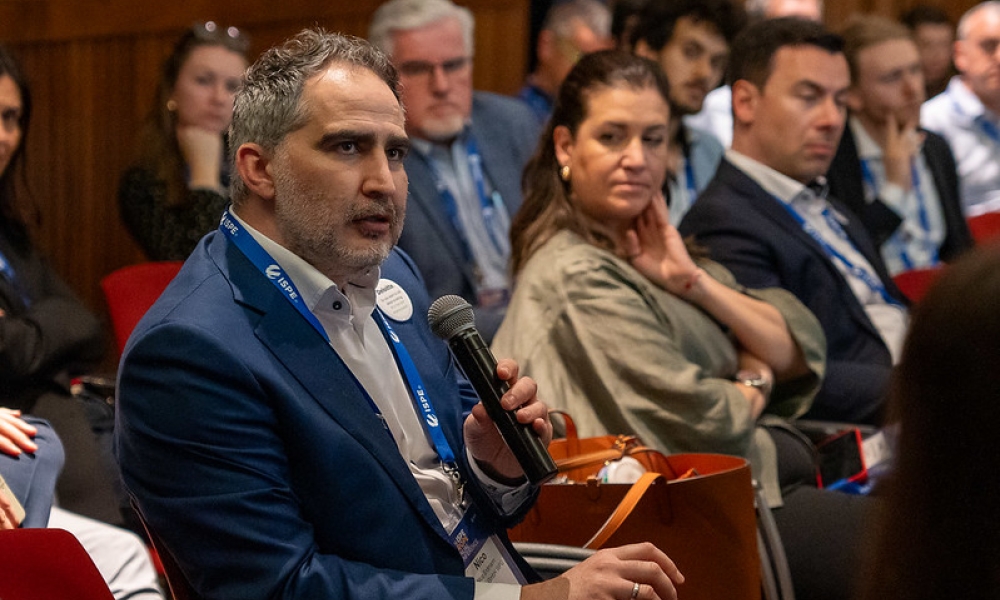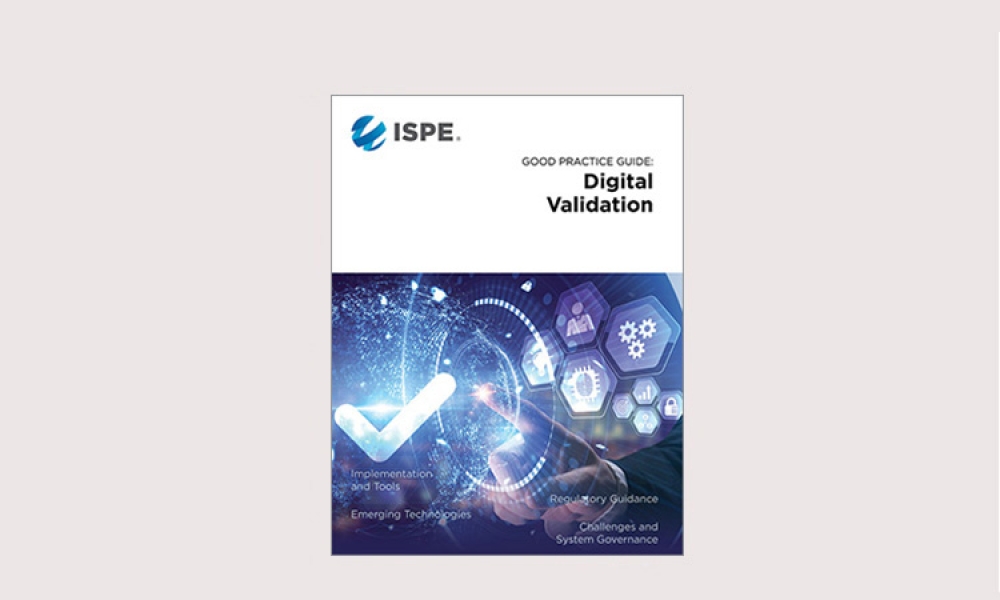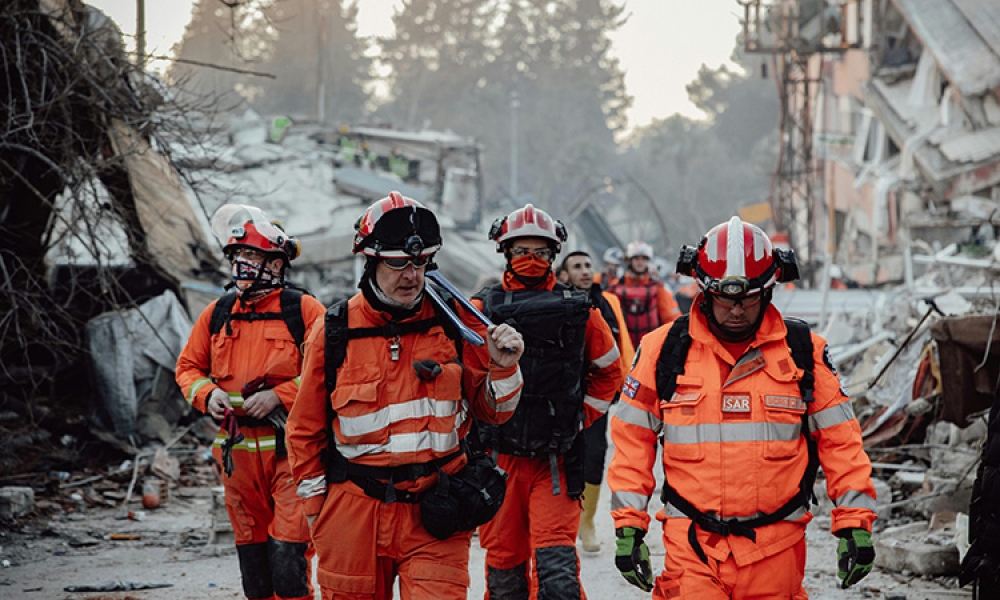This year's sustainability-focused track includes 13 presentations on various topics, including regulations, energy management, and carbon footprint reduction with a special focus on heating, ventilation, and air conditioning (HVAC) systems. The last part of the track will be dedicated to a short presentation of case studies offering time for panel discussions and open questions and answers between the audience and speakers. The program has been designed to cover topics throughout the entire sustainability journey. Key takeaways from the sustainability track include:
- Regulatory and innovation: Insights into regulatory and innovation challenges and how they drive industry to sustainability
- Industry readiness: Emphasis on collaboration among manufacturers, engineering companies, and suppliers to accelerate net-zero pathway
- Advanced methodology for sustainable design: Focus on facility designs tailored to achieve sustainable goals
The content in the sustainability track will be chaired by Søren Thuesen Pederson and Estelle Darnon, and will focus on the following areas:
Innovation: The track will start with a session by Matt Popkin, PhD, with GSK, focusing on how innovation in product design and manufacturing can deliver on sustainability, climate and environmental goals for medicines manufacturing. The session will explore how alternative chemistry, manufacturing, and controls (CMC) regulatory tools and approaches, based on principles of science and risk in use at present to enable rapid access to new medicines, can enable the transformation of medicines manufacture.
Regulatory: How is the European chemicals legislation driving industry toward sustainability? This question will be addressed by Mirella Miettinen, PhD, with the University of Eastern Finland. It is crucial for the pharmaceutical industry to be aware of legislative changes beyond the pharmaceutical legislation, as the impact of these initiatives can pose significant challenges to the industry. The European Union (EU), for example, has made or is proposing several changes to EU chemicals legislation, with the aim to transform the economy towards a more sustainable future and protect citizen’s health and well-being from environment-related risks. This session will provide insight into the challenges that the pharmaceutical sector faces in implementing these cross-cutting legislative changes. The results provide information on whether EU chemicals policy and the cross-cutting effects of the provisions introduced in EU chemicals legislation can drive a transformation towards sustainability in the pharmaceutical sector.
Water stewardship: Rebecca Tushingham will highlight the often-overlooked water-related risks to operations in the biopharma industry. The session will focus on water stewardship and offer education and guidance on resources and strategies to begin to shift the industry’s approach to water.
Advanced methodology for sustainable design and energy management: Sustainability should be considered as the fourth axis in the project management triangle of cost, quality, and time. Successful implementation requires a new approach to engineering and project management, as demonstrated within 3 sessions of this track. Each pharmaceutical plant has unique characteristics and constraints that make the application of general approaches quite challenging.
Alessandro Rosengart with VTU Engineering and Jérémie Dutot with UCB will explore the transformation of pharmaceutical plants for enhanced sustainability based on a structured approach and a standardized methodology used for identifying and evaluating improvements.
Estelle Darnon with Technip Energies will focus on new pharmaceutical projects and method for integration of sustainability objectives from early stages till end of construction. The discussion regarding problematic encountered will be opened to let attendees take away with more precise ideas on how sustainability should be managed on their project.
Nadira Adjali, MD, with Scitech Engineering will then present “Towards Net Zero Carbon – A Journey in Pharma,” focusing on decarbonization initiatives from a designer perspective. It defines net zero carbon and stresses the importance of whole life cycle assessment (WLCA) in evaluating the environmental impact of facilities throughout their lifecycle.
HVAC design: An important issue for the pharmaceutical industry is the operational cost associated with clean room energy consumption and, consequently, the identification of applicable energy containment measures, always bearing in mind regulatory requirements. Three sessions will address that specific topic to learn how to design more sustainable HVAC systems for cleanroom environments that comply with Annex 1.
Jean-François Fedorenko with GSK and Emilio Moia with Jacobs will first explore energetical efficient HVAC design aligned with Annex 1. The presentation will cover triggers that influence the HVAC design and the strategies that have been adopted in recent projects to reduce the energy cost of the HVAC.
Saeed Masoudi with Takeda will present a computational fluid dynamics (CFD) approach for cleanroom airflow. CFD offers a powerful, science-based approach to simulating and optimizing airflow in cleanrooms. Some major benefits include reduced energy consumption, contributing to more sustainable operations, cost savings, and improved overall efficiency of cleanroom operations.
Finally, Tim Mahoney with Johnson & Johnson and Alfred Penfold with PM Group will present opportunities for a more sustainable and Annex 1 compliant HVAC design cleanroom environments. Now that the regulatory agencies are beginning to incorporate sustainability into the regulations, there has never been a better time to start designing more sustainable HVAC systems.
Case studies: The track will end with a set of presentations dedicated to real-world case studies to highlight successful sustainability initiatives, providing practical examples and lessons learned. Four short presentations will be followed by time for discussion with the speakers.
Starting with an overview of legislation relating to whole life cycle carbon for buildings, Michael Keohane with PM Group will present a case study example in a pharmaceutical manufacturing building, and decarbonization strategies for manufacturing facilities.
The second case study will be presented by Dominik Hof with OPTIMA Pharma GmbH and will deal with alternative refrigerants in freeze-drying. The presentation brings attention to the need of alternative refrigerants and the corresponding phase-out of the F-gases. It will address the challenges and solutions concerning the switch to natural, environmentally friendly refrigerants and will give an outlook to be prepared for future retrofit and regulatory approach.
The third topic will focus on decarbonizing pharma with heat pumps by Brian McKnight with PM Group. The proposal will outline key steps in implementing heat pumps on phama sites and the technologies available to make the heat generation more sustainable for the future.
Finally, Alessandro Masiello with PM Group will address the topic of sustainability in the life sciences industry by showcasing practical and real-world examples and case studies of how digital technologies can drive sustainability initiatives, highlighting key areas as energy efficiency, waste reduction, and cleaner operating models, demonstrating how digital solutions can optimize these areas.
This year's sustainability track goal is to inspire and equip industry professionals with the knowledge and tools needed to adopt sustainable practices, ultimately contributing to the global effort to achieve net zero goals. Real-world case studies will highlight successful sustainability initiatives, providing practical examples and lessons learned. Participants will have the opportunity to engage with experts and peers, discussing experiences and important considerations for low-impact production.
Learn more and register





